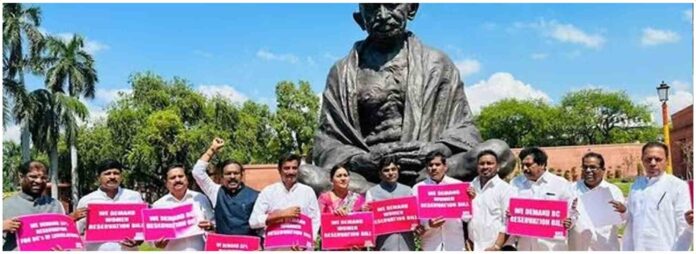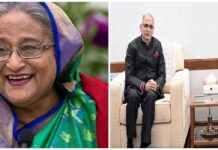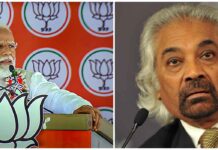Women’s participation in politics is crucial for a balanced and representative democracy. Recognizing this, India has made several attempts to empower women politically, with one of the most significant efforts being the Women’s Reservation Bill. This historic legislation seeks to reserve one-third of the seats in state legislative assemblies and Parliament for women. Additionally, it proposes sub-reservations for Scheduled Castes (SCs), Scheduled Tribes (STs), and Anglo-Indians within the 33% quota. Despite facing numerous obstacles, the Women’s Reservation Bill continues to be a symbol of hope for gender equality in Indian politics.
The Genesis of Women’s Reservation in Elected Bodies:
The idea of women’s reservation in elected bodies was first introduced by former Prime Minister Rajiv Gandhi in May 1989. He presented the Constitution Amendment Bill to provide one-third reservation for women in rural and urban local bodies. Although the Bill passed in the Lok Sabha, it faced opposition in the Rajya Sabha and failed to become law.
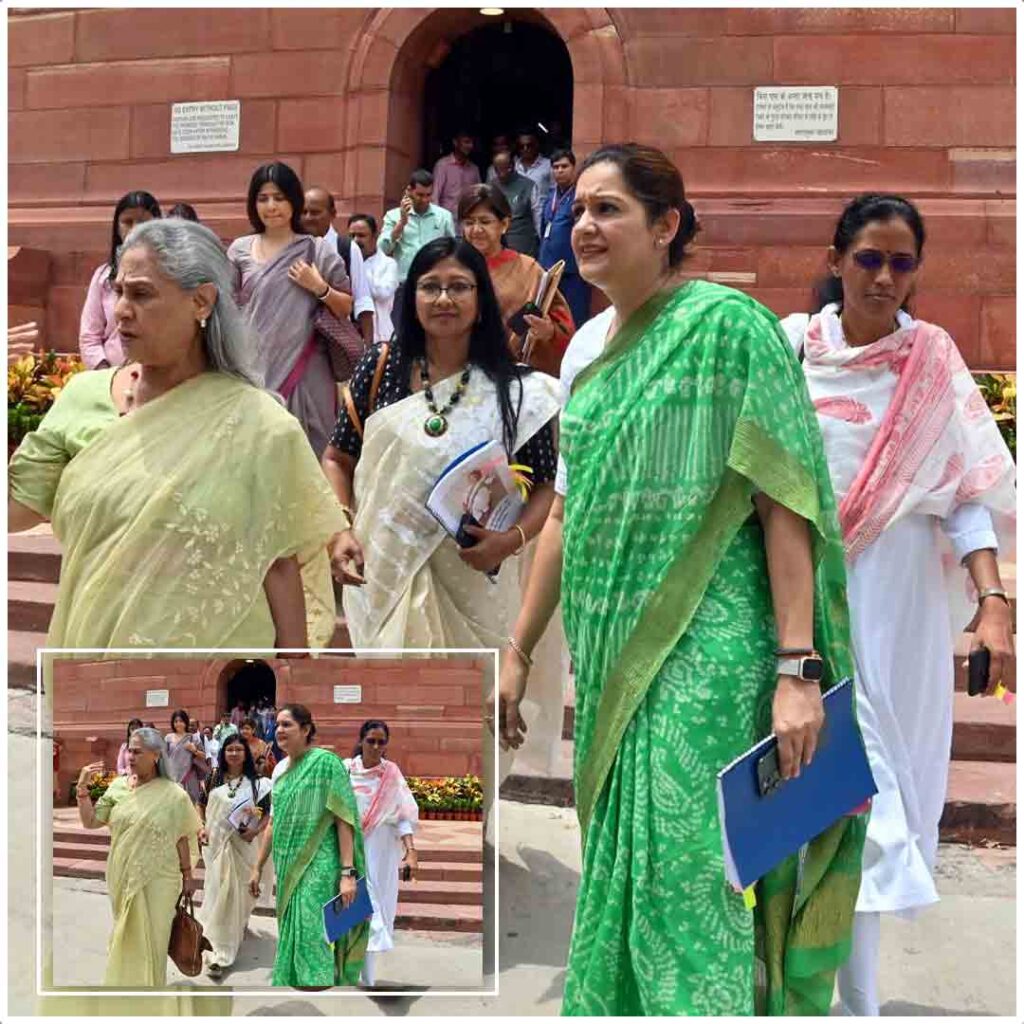
Persistence and Progress:
In 1992 and 1993, Prime Minister P.V. Narasimha Rao reintroduced the Constitution Amendment Bills 72 and 73, which reserved one-third of all seats and chairperson posts for women in rural and urban local bodies. These Bills successfully passed both houses of Parliament and became law. This marked a significant milestone, resulting in the election of nearly 15 lakh women representatives in panchayats and nagarpalikas across the country.
The Long Road to Parliament:
The journey of the Women’s Reservation Bill towards reserving seats for women in the Parliament was challenging and marked by multiple attempts. In September 1996, the Deve Gowda-led United Front government introduced the 81st Constitution Amendment Bill in Lok Sabha. However, it faced resistance and was referred to a Joint Parliamentary Committee chaired by Geeta Mukherjee. The committee presented its report in December 1996, but the Bill lapsed with the dissolution of the Lok Sabha.
The Atal Bihari Vajpayee-led NDA government made efforts in 1998 to push the WRB Bill in the 12th Lok Sabha. Unfortunately, the Bill failed to gain support and lapsed once more. It was subsequently reintroduced in 1999, 2002, and 2003 under the Vajpayee government but continued to face obstacles.
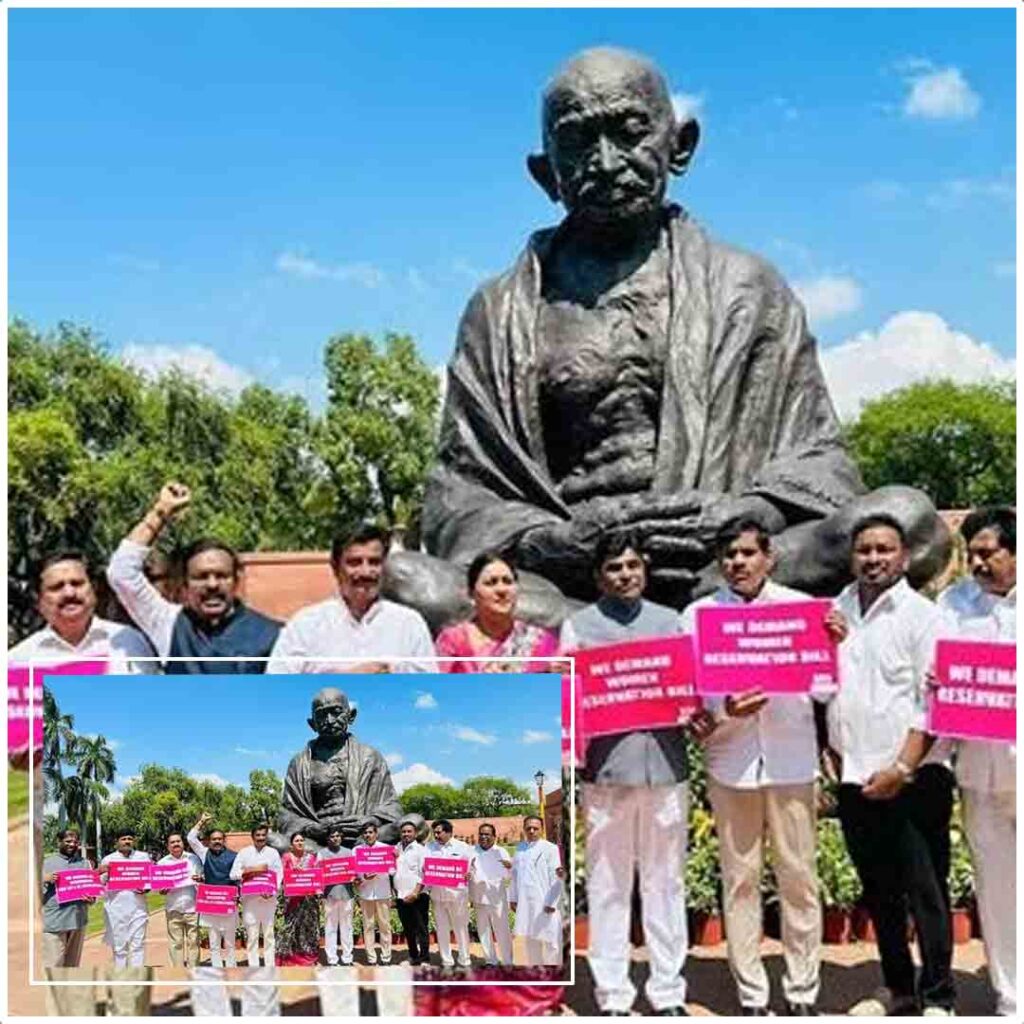
A Turning Point:
In 2004, during Manmohan Singh’s UPA government-1, the Women’s Reservation Bill gained momentum. The government included it in its Common Minimum Programme and finally tabled it on May 6, 2008, this time in the Rajya Sabha to prevent it from lapsing again. Five of the seven recommendations made by the 1996 Geeta Mukherjee Committee were included in this version of the Bill. The legislation was sent to the standing committee on May 9, 2008, and the standing committee presented its report on December 17, 2009. Finally, the Bill received the stamp of approval from the Union Cabinet in February 2010.
A Momentous Victory:
The Women’s Reservation Bill was a historic moment in Indian politics when it passed in the Rajya Sabha with an overwhelming vote of 186-1 on March 9, 2010. This marked a significant milestone in the fight for gender equality in politics. However, the Bill faced hurdles once again as it was never taken up for consideration in the Lok Sabha.
The Bill’s Ongoing Legacy:
It is important to note that bills introduced or passed in the Rajya Sabha do not lapse, which means that the Women’s Reservation Bill is still very much active. Despite the challenges and setbacks it has faced, it remains a symbol of hope for women’s empowerment in Indian politics.
Conclusion:
The Women’s Reservation Bill represents a significant step towards empowering women in politics and ensuring their active participation in the decision-making process. While it has faced numerous challenges and has yet to become law, its journey reflects the determination of visionary leaders to promote gender equality in India’s political landscape. The legacy of the Women’s Reservation Bill continues to inspire and serves as a reminder of the importance of women’s representation in politics for a truly inclusive and representative democracy.

